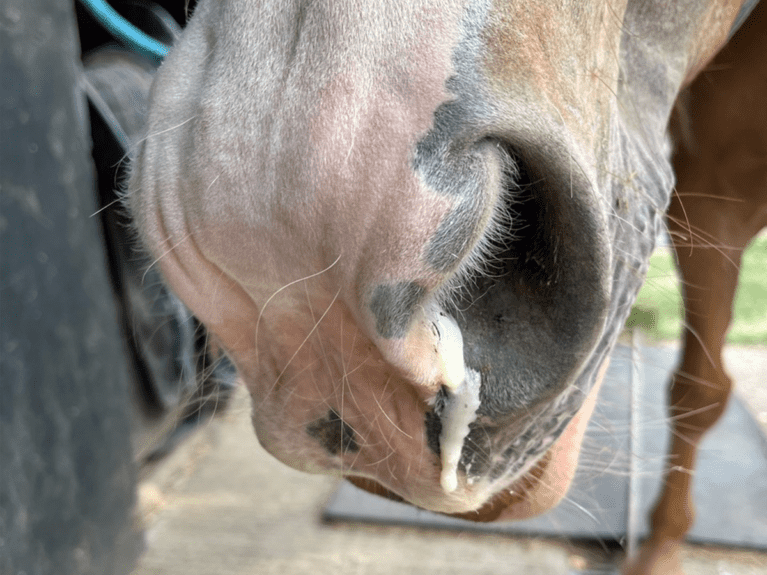
Most Read Articles
“Six-monthly boosters are optimal and necessary,” say experts in plea to revert to bi-annual flu boosters
Posted in News

As equine influenza (EI) vaccine supply returns to normal following a significant shortage, and at a time when the UK is seeing an increase in EI activity, epidemiology experts are advising that there’s sound scientific evidence as to why bi-annual vaccination schedules should be promptly re-implemented. The Equine Veterinary Journal (EVJ) has published an article reviewing the science behind the enhanced EI vaccination schedules, in particular the replacement of annual boosters with a mandatory bi-annual vaccination programme.
EI is a highly contagious respiratory disease that remains endemic in the horse populations across numerous countries and infection is characterised by rapid spread and significant morbidity in the immunologically naive. With the introduction of mandatory EI vaccination by most competitive equestrian disciplines after the early 1980s, the scale and number of outbreaks have in most years been relatively small. However, disease events such as those experienced in the UK in 1989, 2003 and most recently in 2019 have demonstrated EI’s epidemic potential, even in vaccinated horse populations.
In their article Equine influenza bi-annual boosters: what does the evidence tell us? Victoria Colgate and Richard Newton build on the work recently published by Fleur Whitlock and colleagues in; An epidemiological overview of the equine influenza epidemic in Great Britain during 2019. They discuss what has been learnt from previous outbreaks and explain the evidence from mathematical models to show why bi-annual boosters are beneficial.
Data from previous natural EI outbreaks have repeatedly demonstrated the temporary nature of the protection provided by vaccination and observational field studies repeatedly highlight the potential for 12-monthly boosters to leave a vulnerable immunity gap. Mathematical models confirm that six-monthly rather than annual booster vaccinations are preferable to establish and maintain effective population level immunity.
“The clear evidence from experimental, epidemiological and mathematical modelling studies shows why we must encourage clients to revert to a schedule of bi-annual boosters,” said the authors.
“Although the recent EI vaccine shortage has necessitated a temporary relaxation of competition vaccine schedules, we must now renew the message that six-monthly boosters are optimal and necessary,” finished Professor Celia Marr, Editor of the EVJ.
Click here to read the article, which is free to view











